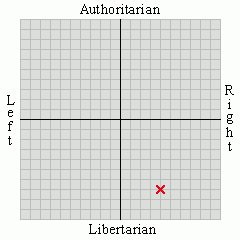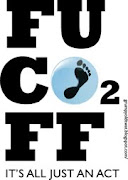Two problems there, Ed. First is that you're telling us that the Precautionary Principle means we must assume the worst case scenario, but as I've said before man made warble gloaming ain't it. You and the other Big Eco mouthpieces keep telling us that warble gloaming is something we can reverse, that climate is something we can control. Okay, but that doesn't sound so bad. It might cost so much money we all end up living a more Medieval lifestyle (but without the Medieval Warm Period presumably) but it's technically possible according to Big Eco's AGW proponents. But is something we can fix really the worst case scenario, or would it really be something we can't fix? Something like, ooooh, I don't know, maybe natural climate change? See, if you want to talk about the worst case scenario let's talk about the possibility that the effect of our activities is so small it's lost in the noise and what we see going on would be pretty much what would have happened in our absence. Climate change we can't control, or even dream of one day possibly being able to control, that's a far worse case than climate we think we can control if we're prepared to accept the astronomical cost. In short, Milibrain, far from saying we should act to control CO2 the Precautionary Principle suggests assuming it's almost entirely natural and completely unstoppable, and all we can do is adapt to it. The Precautionary principle says invest in air conditioning and central heating, not in greenwash and shite lightbulbs and wind turbines. The second problem is that there is a cost, and that it's not likely to be cheap. As the Devil points out there's an assumption that the cost of following the Precautionary Principle is a lot less than not doing so. That's likely to be the case if you read it that the worst case scenario is nature fucking with us, but we already know that it's not the case if you choose to believe that the Precautionary Principle means acting as if the
What a complete twat.
H/T Burning Our Money.


















